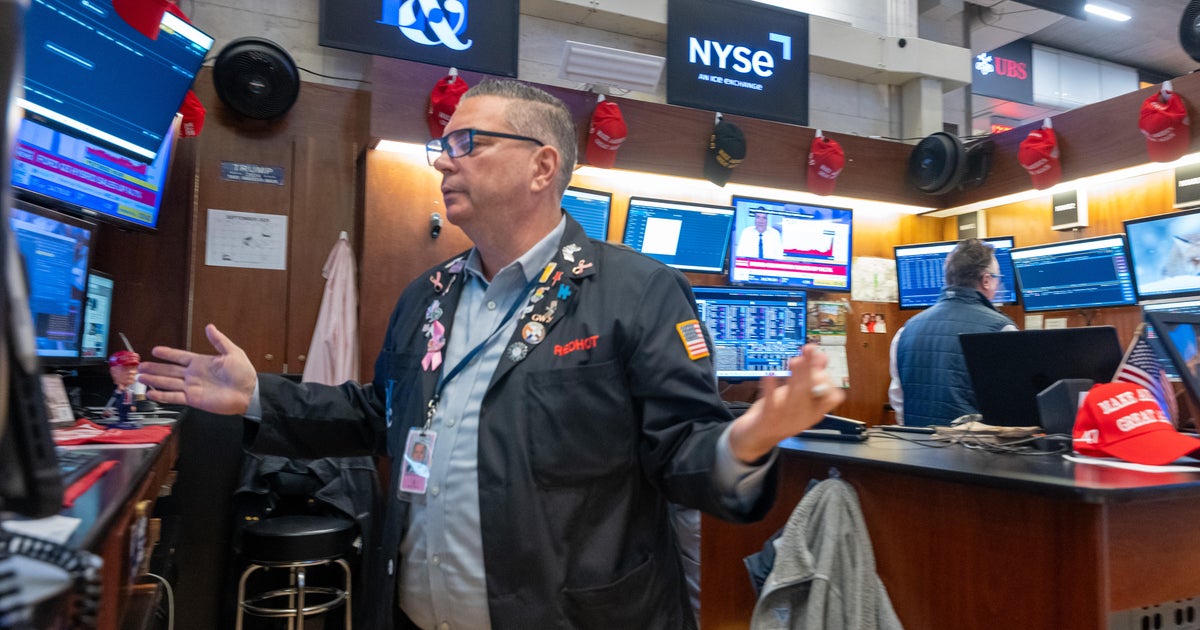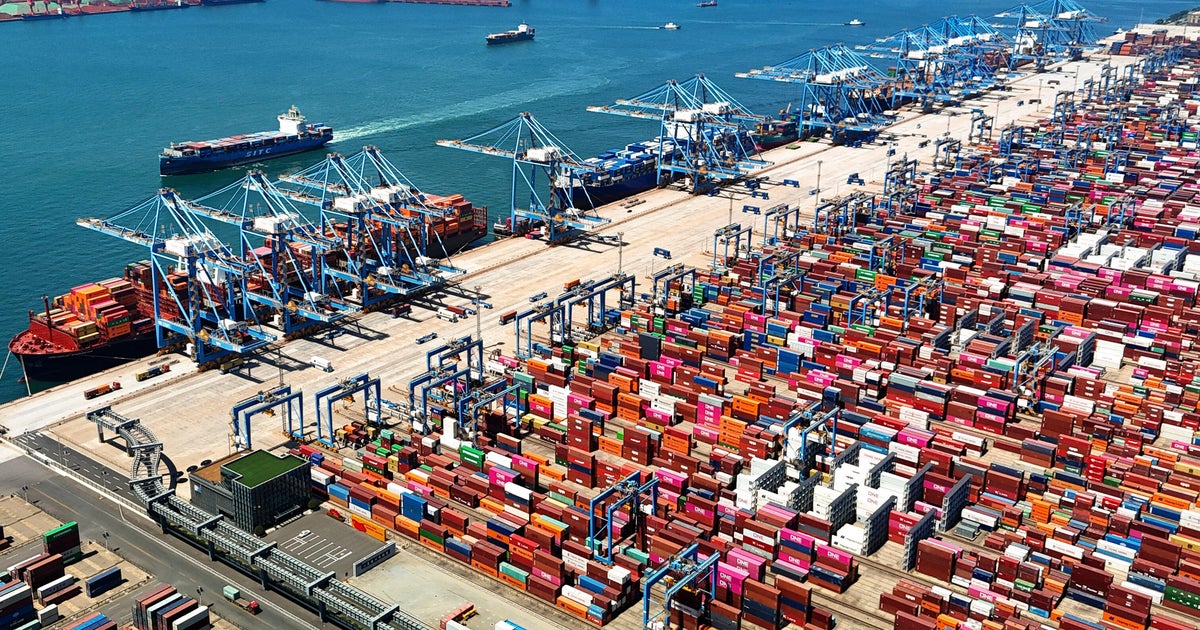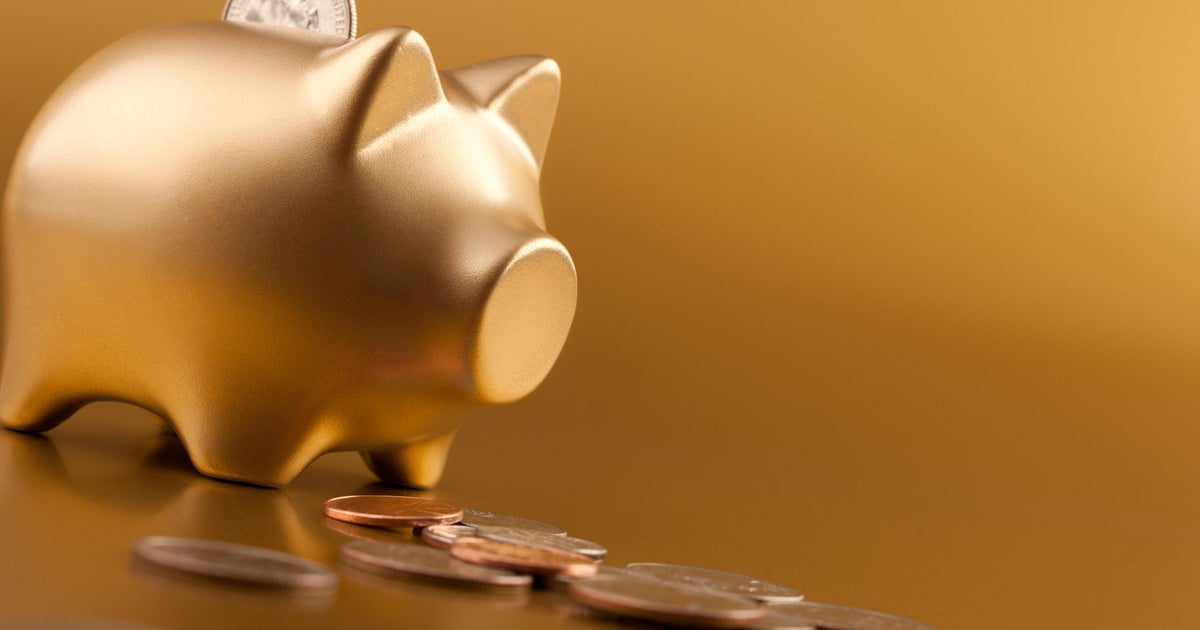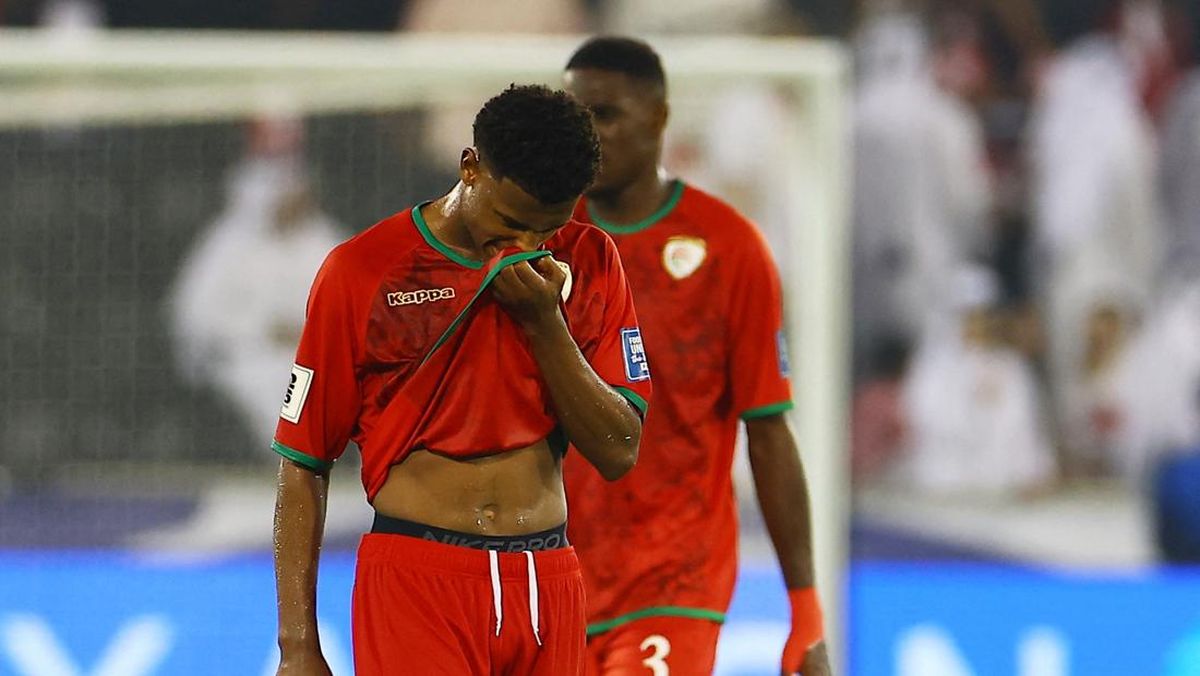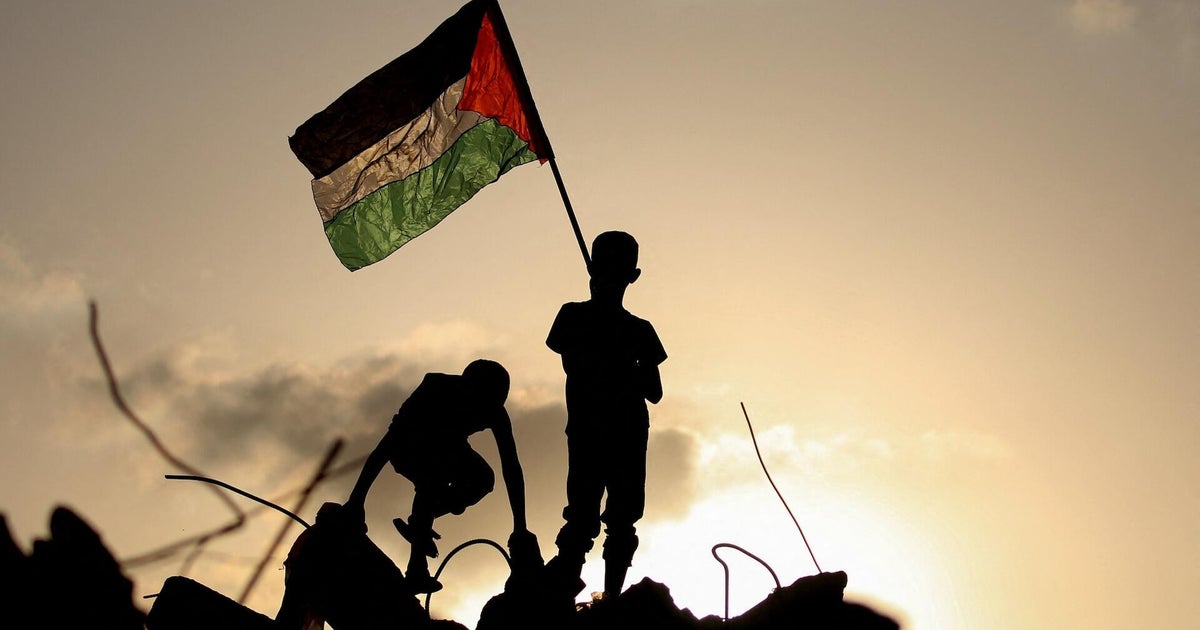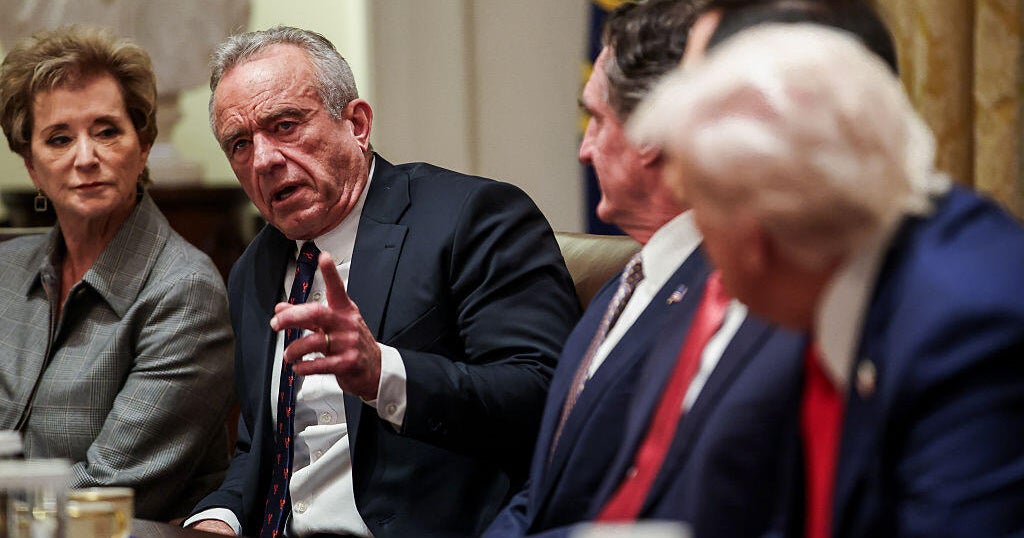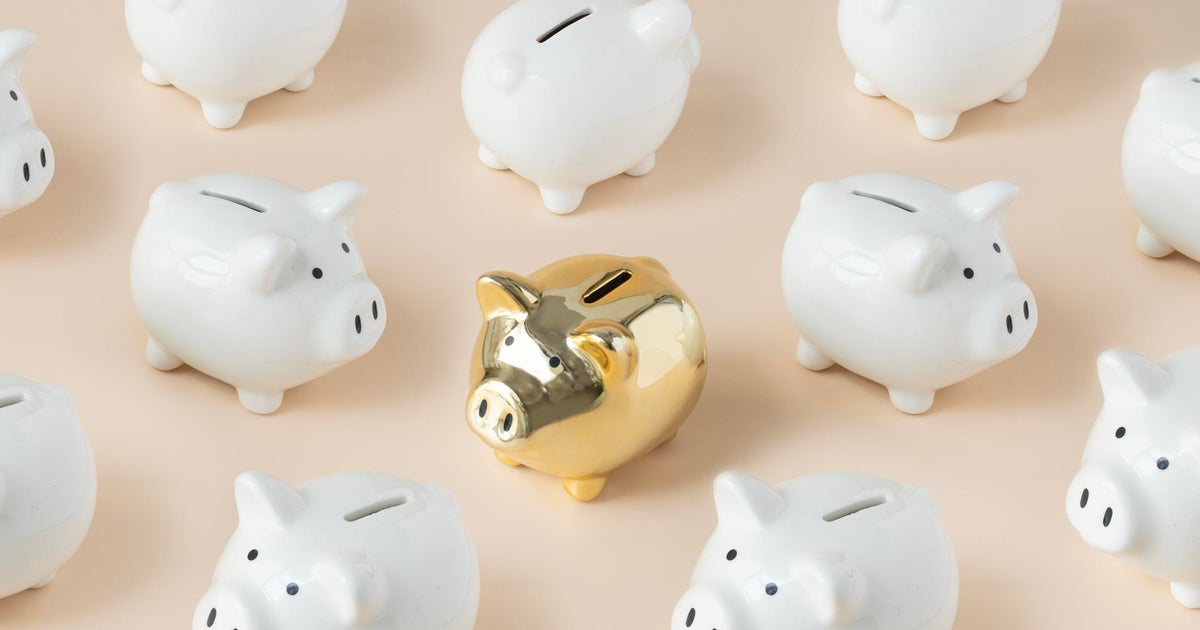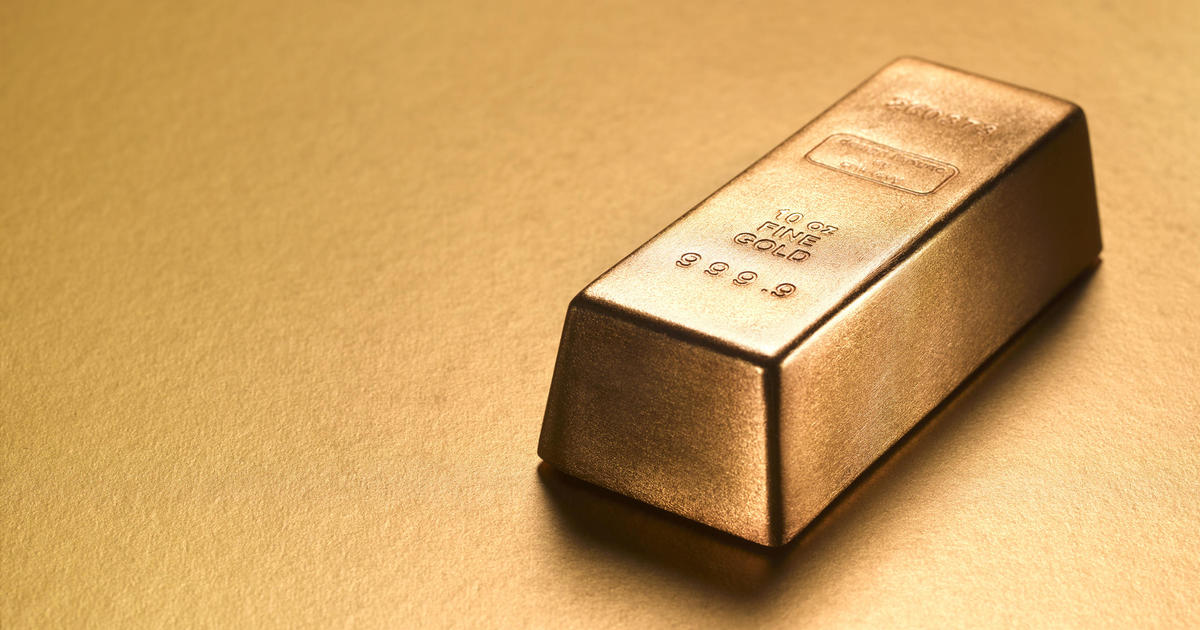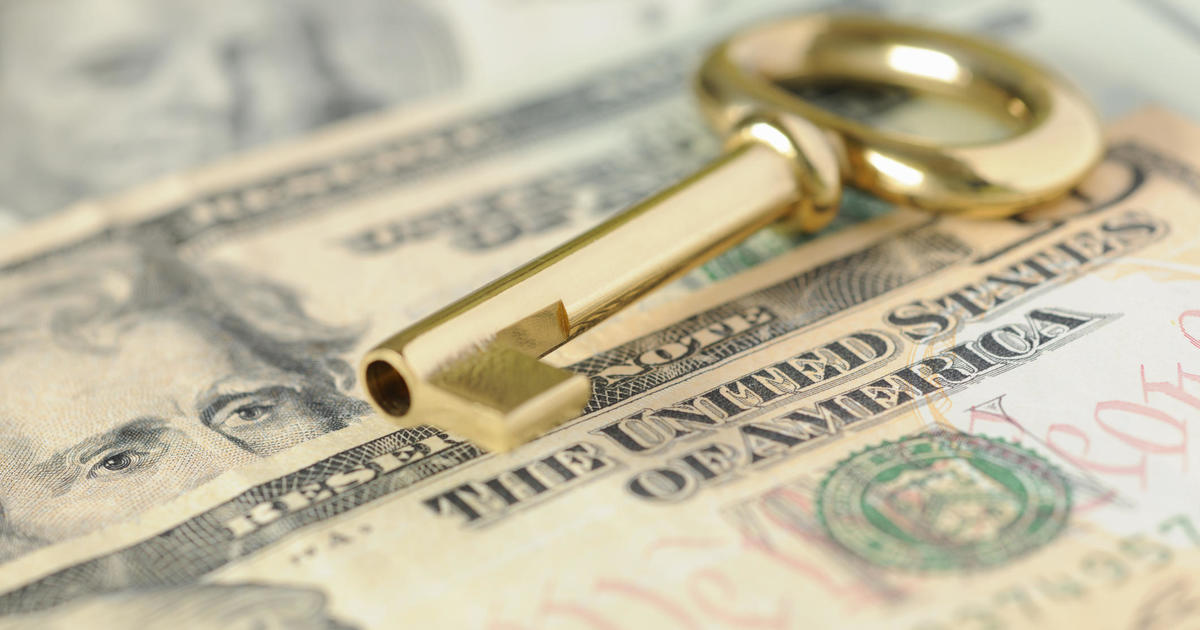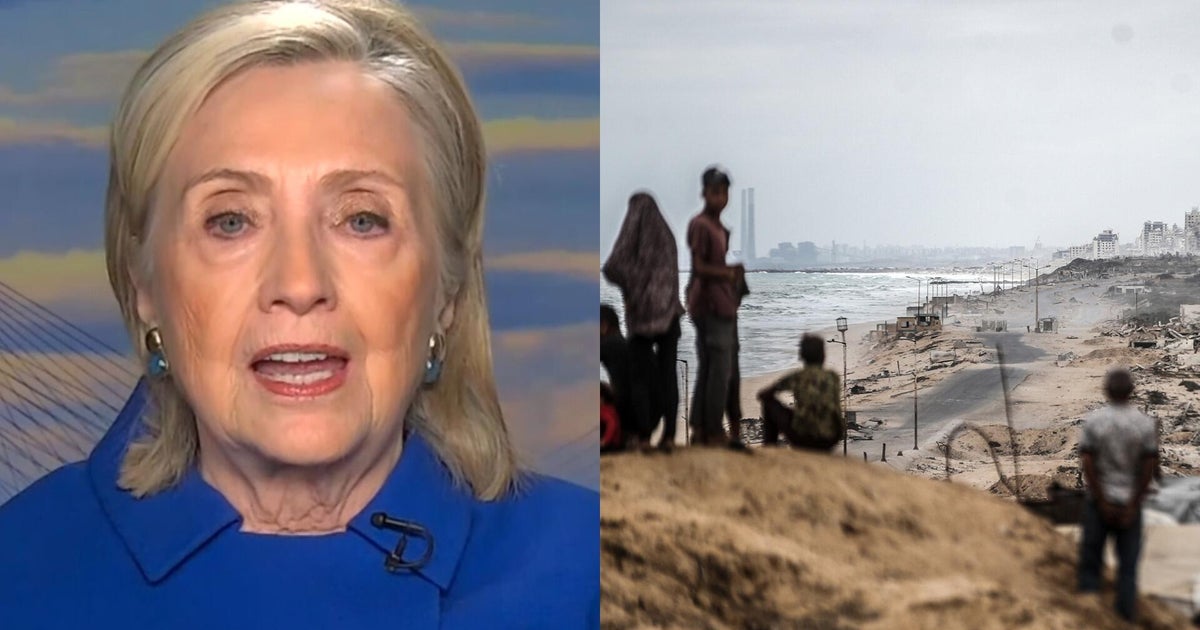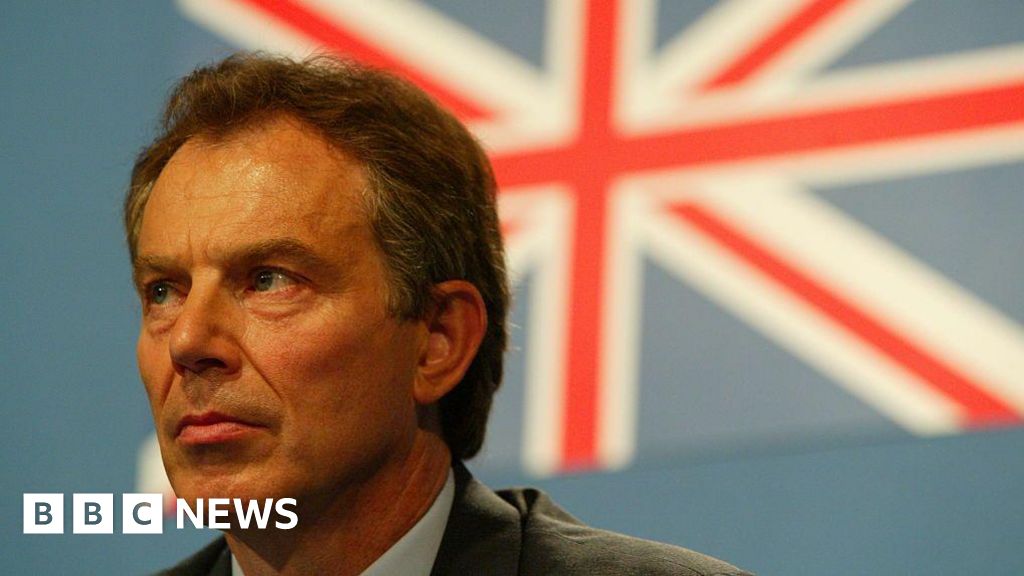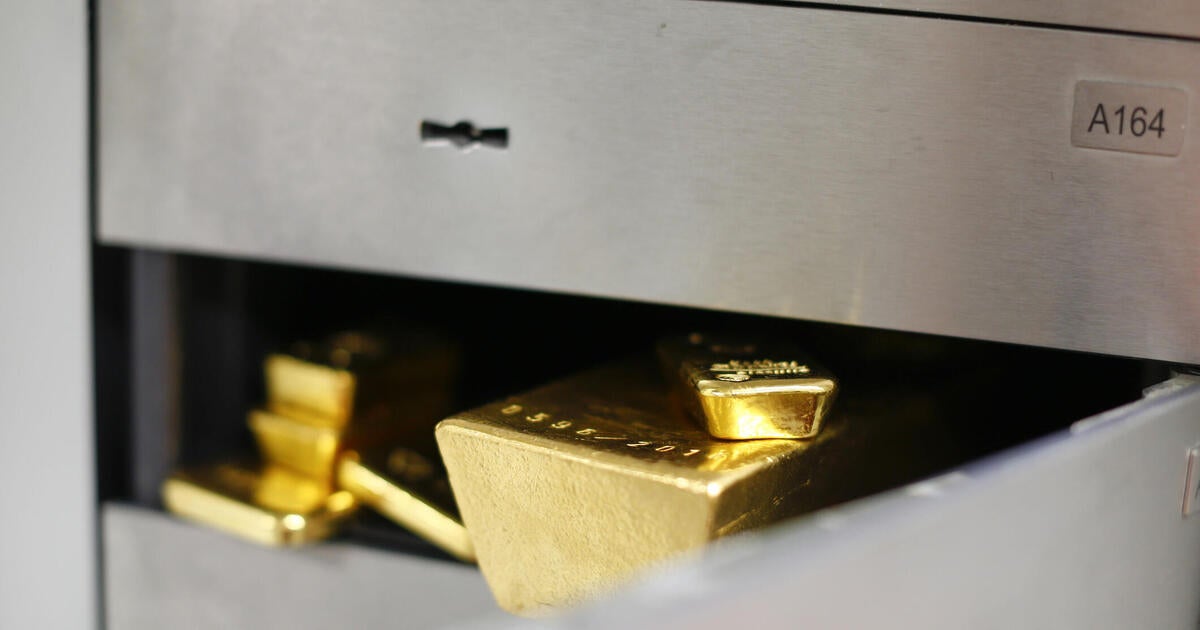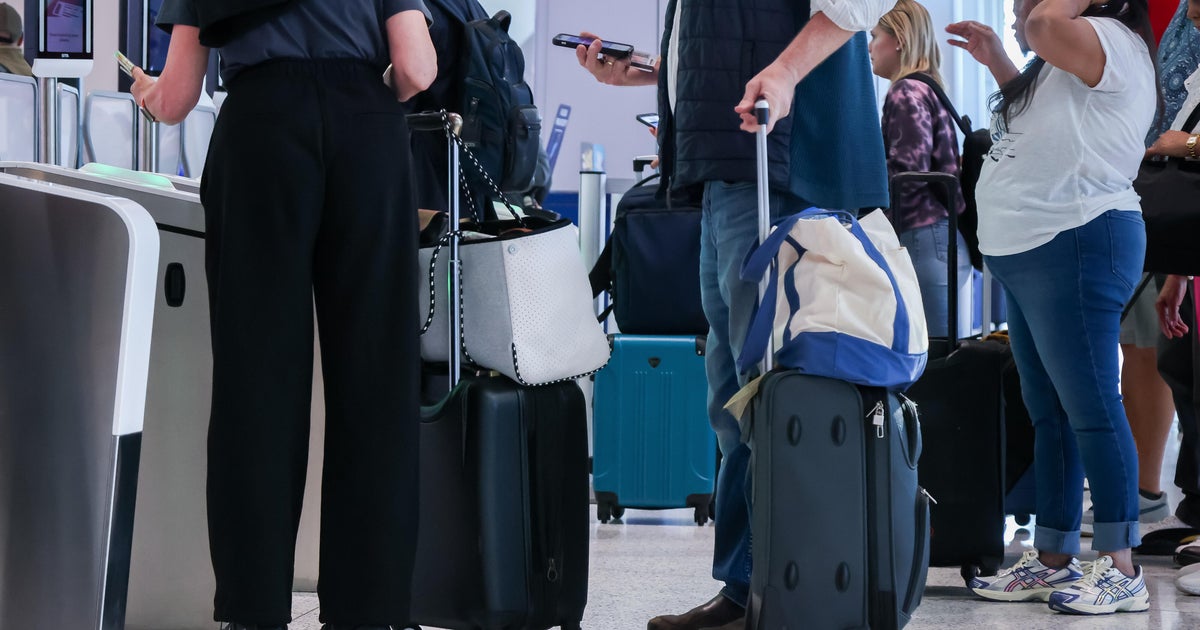By Daniel Herborn
September 16, 2025 — 5.30am
Rising comedian Alexandra Hudson, who lives with cerebral palsy, has faced many obstacles to getting on stage during her career – literally, in the case of a TEDx talk she gave about disability.
“It was a beautiful theatre, but there was this spiral staircase to get down onto the stage,” she recalls. “It was rickety and shaking; I was so nervous. I found having to go down that staircase incredibly nerve-racking, but I’m really glad I did it.”
Increasingly, however, comedians living with disability or neurodivergence are bypassing a sometimes-oblivious industry, creating their own shows in accessible venues and sharing their stories with candour and humour.
This year, the Sydney Fringe Festival is again featuring the Limitless Comedy Gala, a showcase of some of Australia’s best d/Deaf, disabled and neurodiverse comics around.
We talked to three of the stars.
Dizzy Bility
“I’m Sydney’s only Deaf and Blind drag queen,” Dizzy Bility likes to tell her audiences, pausing for effect. “Or at least, I’m the only one I’ve ever seen or heard of.”
The drag persona of Petey Walter, Dizzy Bility’s act developed out of a love for musical theatre, sketch comedy and Oxford Street nightlife. She initially performed as Tyra Bangs until a drag queen colleague suggested the punny nom de plume.

“The best comedy is always about your truth”: Petey Walter, aka Dizzy BilityCredit: Steven Siewert
“As soon as I heard that, I thought, ‘That’s my name!’ I was like, ‘Why shouldn’t I be celebrating [living with a disability]?’ From then on, I decided I would talk about it because it is such a big part of my life. The best comedy is always about your truth.”
While some music and dance teachers told Dizzy to give up on her dreams of a career on stage because of her disability, she says her act has given her creative freedom.

“When I’m in drag, I feel like I have even more of a licence to say certain things”: Dizzy Bility.Credit: Steven Siewert
“When I’m in drag, I feel like I have even more of a licence to say certain things,” she says. “People are more at ease when you’re in character, and it’s hyper-comedic. But I’m never making fun of disability, I’m just bringing light and understanding to the topic.
“It’s been really nice to see people who live with the same things come to my shows. I wouldn’t say that I inspire them, but it’s nice to see my jokes resonate. I suppose everyone has some idea of what disability is, but people who have lived it, they really understand it.”
Alexandra Hudson
A former winner of RAW Comedy, Australia’s foremost competition for emerging comics, Alexandra Hudson has played all kinds of gigs in Australia and abroad, but she has a special fondness for the shows featuring comics living with a disability.
“At those gigs, there’s literally no tension,” she says. “It’s like everyone’s laughing because we all understand the experience. We all have a dark sense of humour, which I think non-disabled people get really scared of.”

“We all have a dark sense of humour”: Comedian Alexandra Hudson. Credit:
Hudson says that while she has come across many disabled people who love being represented on stage, there can be trepidation about mixing disability and comedy.
“I think there is often a fear among the wider disabled community of ‘What are people saying on stage? Is it appropriate?’ But I’m never worried about the backlash because I never make fun of disability. What I want to make fun of is how non-disabled people get it so wrong about us.”
Hudson says that being disabled means she can get away with saying certain things a non-disabled comic couldn’t. “I say ‘cripple’ a lot, for one thing,” she says. “A few people have come up to me after a show to say, ‘Why do you say that word?’ I say it because I like how it sounds and the reaction it gets. Sometimes saying ‘disability’ doesn’t roll off the tongue as nicely.
“I feel I can be honest [in stand-up] in a way the real world sometimes doesn’t allow. We’re still so awkward about disability, which is really frustrating. When I’m up there [on stage], people have to listen to me, and I feel like that’s where I can challenge that awkwardness straight on.”
Loz Booth
Ectrodactyly is a rare congenital disorder where one or more central toes or fingers are absent. It’s a condition that both comedian and disability advocate Loz Booth and her son live with, and she puts it front and centre in her work.
“I just go out there and try to be a positive representation, basically by not caring about my difference,” Booth says.
“My son sees that mommy can get up on stage, jump around, play the recorder and make a fool of herself. The more you can normalise it, the more you build confidence.”

“It’s about having fun”: Loz Booth. Credit:
Booth says her stand-up has had overwhelmingly positive responses from disabled people. “They love it. A big part of what we do is that we’re not self-deprecating, but we do take the piss out of ourselves. It’s about having fun and not taking disability so seriously, and I think they really appreciate that.”
Booth says there is no clear divide between her advocacy work and her stand-up; both seek to disarm, entertain and educate.
Booth is part of a growing movement of comedians who live with disability. While there have always been some prominent examples – Steady Eddy and Stella Young to name just a couple – Booth says there is now a growing cohort interested in telling stories from their life on stage.
“I’ve been welcomed into that community as part of Are You Pulling My Leg? [a tour created by comedian and disability advocate Madeleine Stewart], and I truly believe it could be an even bigger cohort, but we come back to the whole accessibility issue. If you’ve got someone in a wheelchair and they want to get into comedy, they might say: ‘Look, there’s only one comedy room I can go to in Sydney – what’s the point?’”
Limitless Comedy Gala is on as part of Sydney Fringe Festival at Limitless Hub, Bondi Pavilion Theatre, on Tuesday, September 16.
Most Viewed in Culture
Loading

